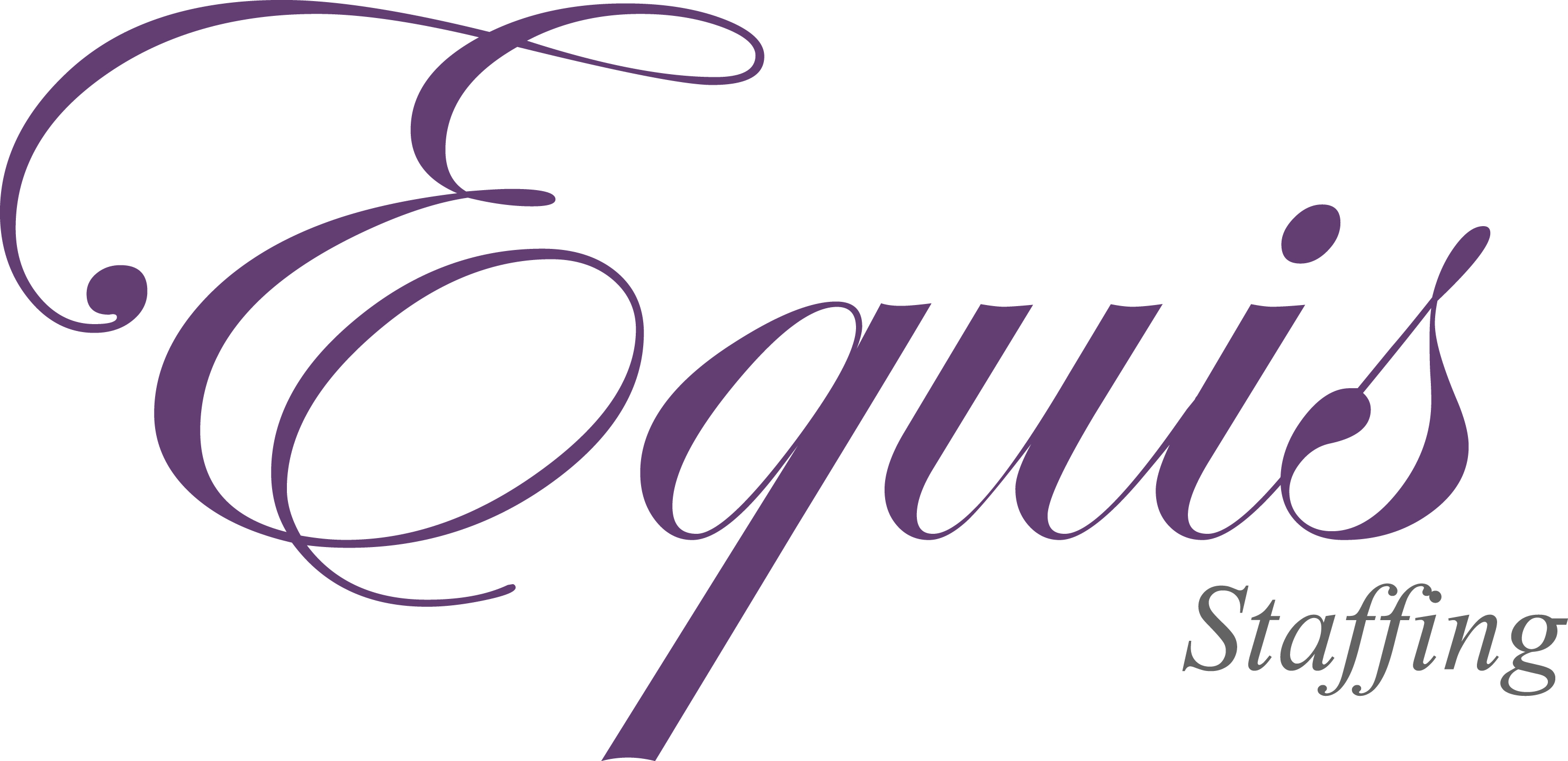
If asked, the majority of professionals would likely agree there aren’t enough hours in the day. Many employees battle against never-ending to-do lists, an endless string of meetings, and frequent interruptions that leave them feeling scattered and unfocused, making it harder to get their work finished.
Simple shifts in your approach to your workday can make all of the difference, letting you get more done at work in less time.
Take Control of Your Schedule
By having a firm hand when it comes to managing your schedule, you can increase your level of efficiency at work. While this doesn’t mean denying every meeting request, it does require you to examine your tasks to create an ideal sequence, allowing you to maximize your productivity.
It also goes beyond simple scheduling. You also need to answer a few key questions. For example, what is your most productive time of day (or the window where you feel most energized and focused)? Are certain days of the week more or less challenging in regards to productivity, such as Mondays, when you’re getting back into the swing of the workweek, or Fridays, when you may be daydreaming about the weekend? Are certain tasks best accomplished on specific days or at particular times?
After you review these points, take a moment to reflect on your time-specific obligations. Do you have regular meetings that occur on the same days/times every week or month? What is your usual or assigned work schedule?
Once you review these points, use the information to visualize your ideal workweek. Consider how specific tasks may be easier to manage at particular times or days, or if some of them flow more naturally into the next. Determine if your peak productivity days and times are best spent on specific duties.
Then, take an empty calendar and outline your ideal schedule, blocking out time for every activity you need to handle based on what feels best to you. As you go forward, don’t neglect less noticeable tasks, like reviewing and answering email. The point is to structure your tasks fully, so randomly checking for messages might not be ideal when compared to delegating a specific window to handle your email.
Optimize Your Calendar
Now that you have an outline, it’s time to fill in your work calendar. Begin by confirming any mandatory meetings are present, then block out time for tasks that require the most focus. In companies where others can view your calendar, this shows you are obligated during those times, lessening the chance of drop-in visitors or unexpected meeting requests.
If you don’t want to reveal what you are doing, consider selecting the “private” option when you schedule the time. Typically, this keeps other people from being able to see the details but ensures you can review them when the time arises.
Treat those periods like any other appointment. If someone asks if you are free then, let them know you aren’t. Then, review your calendar and propose alternative options that better meet your needs.
You may add your second tier of focus-oriented duties to your calendar next, depending on how much of your time is currently blocked out. The intention isn’t to fill every slot. Instead, you just want to exert enough control that detail-oriented, high-concentration work can be accomplished with greater ease.
Ultimately, this approach gives you the ability to guard your schedule more effectively, ensuring you can have uninterrupted time when the need arises and that unexpected meetings or activities occur in periods that are best for you, allowing you to be more productive when it matters most.
If you are interested in learning more, the skilled team at Equis Staffing can help. Contact us to discuss your professional goals today and see how our expertise can benefit you.




.png)
Comments